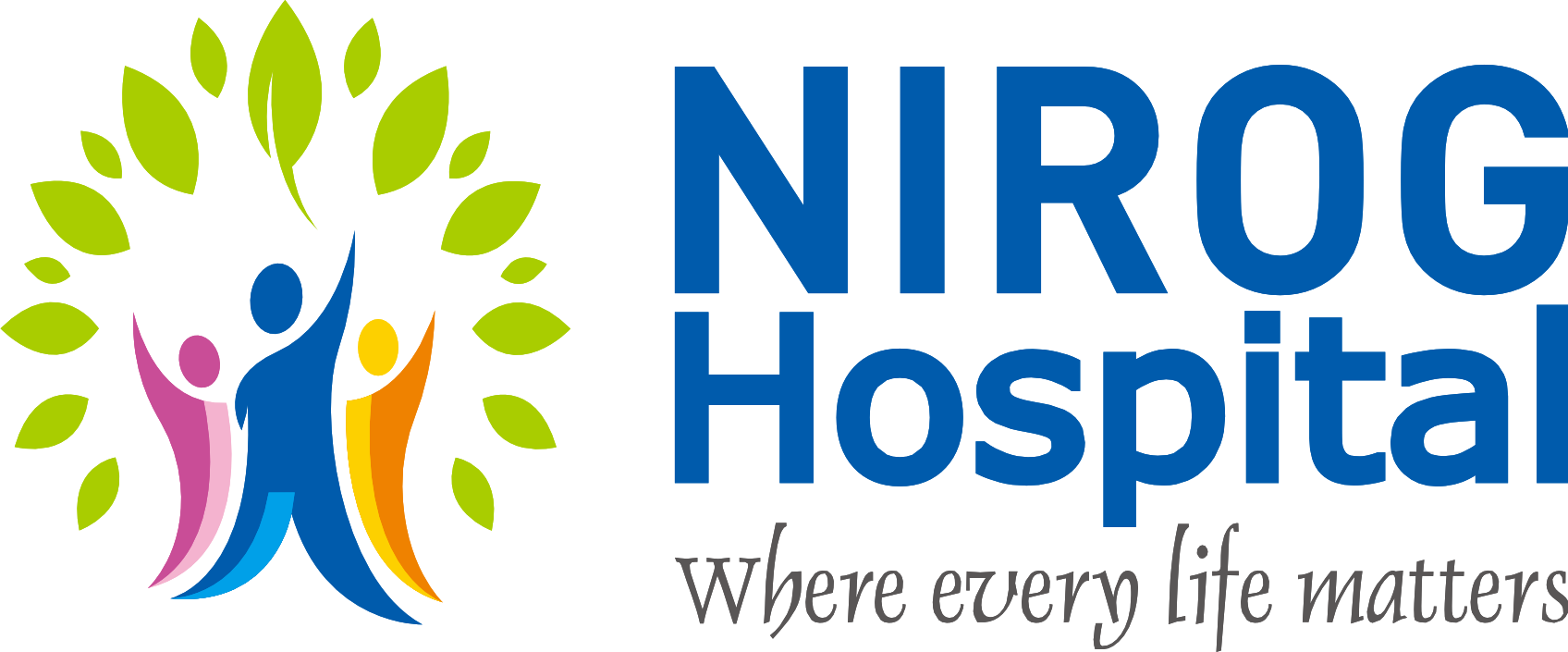Blog About Blood Pressure and Care
High or low blood pressure isn’t just a number; it’s a crucial indicator of our cardiovascular health. Understanding blood pressure and how to care for it is paramount for maintaining overall well-being.
Introduction to Blood Pressure
What is Blood Pressure?
Blood pressure refers to the force exerted by circulating blood against the walls of arteries. It consists of two measurements: systolic pressure (when the heart contracts) and diastolic pressure (when the heart relaxes).
Types of Blood Pressure
There are two main types: high blood pressure (hypertension) and low blood pressure (hypotension).
Factors Affecting Blood Pressure
Various factors influence blood pressure, including genetics, lifestyle choices, diet, stress levels, and underlying health conditions.
Understanding Blood Pressure
Why is it Important to Monitor Blood Pressure?
Regular monitoring helps detect any abnormalities early, reducing the risk of complications such as heart disease, stroke, or kidney problems.
Consequences of Ignoring Blood Pressure
Neglecting blood pressure can lead to severe health issues, including organ damage and cardiovascular diseases.
Tips for Managing Blood Pressure
Healthy Lifestyle Choices
Maintaining a healthy weight, eating a balanced diet low in sodium and saturated fats, limiting alcohol consumption, and avoiding tobacco can help manage blood pressure.
Dietary Recommendations
Emphasize fruits, vegetables, whole grains, and lean proteins while minimizing processed foods and excessive salt intake.
Regular Exercise
Engage in aerobic activities like walking, swimming, or cycling for at least 30 minutes most days of the week.
Medication and Treatment Options
Common Medications for Blood Pressure
Doctors may prescribe medications like ACE inhibitors, beta-blockers, diuretics, or calcium channel blockers to control blood pressure.
Other Treatment Approaches
In addition to medication, lifestyle modifications such as stress management techniques and relaxation therapies can complement treatment.
Monitoring Blood Pressure at Home
Benefits of Home Monitoring
Regular home monitoring allows individuals to track their blood pressure trends and provides valuable data for healthcare professionals.
How to Monitor Blood Pressure at Home
Invest in a reliable blood pressure monitor and follow proper measurement techniques to obtain accurate readings.
Preventing High Blood Pressure
Lifestyle Changes
Adopting stress-reduction techniques, getting adequate sleep, and managing chronic conditions like diabetes can help prevent high blood pressure.
Stress Management Techniques
Practicing mindfulness, meditation, or engaging in hobbies can alleviate stress and contribute to better blood pressure control.
Understanding Low Blood Pressure
Causes of Low Blood Pressure
Low blood pressure can result from dehydration, nutritional deficiencies, medications, or underlying health issues.
Managing Low Blood Pressure
Increasing fluid intake, consuming electrolyte-rich foods, and avoiding sudden movements can help manage low blood pressure.
The Link Between Blood Pressure and Heart Health
Impact of High Blood Pressure on Heart Health
High blood pressure strains the heart and increases the risk of coronary artery disease, heart attack, and heart failure.
Preventing Heart Disease through Blood Pressure Management
Effective blood pressure management significantly reduces the risk of developing heart diseases and improves overall heart health.
Blood Pressure and Overall Health
Relationship Between Blood Pressure and Health Conditions
Blood pressure serves as a vital indicator of overall health, influencing various bodily functions and systems.
Importance of Regular Check-ups
Routine health screenings and check-ups enable early detection and intervention for blood pressure abnormalities.
Myths and Facts About Blood Pressure
Common Misconceptions
Dispelling myths about blood pressure can promote better understanding and encourage proactive health management.
Facts Backed by Research
Rely on evidence-based information and consult healthcare professionals for accurate guidance on blood pressure management.
Blood Pressure in Different Age Groups
Understanding Blood Pressure Variations
Blood pressure norms may vary across different age groups due to physiological changes and lifestyle factors.
Special Considerations for Different Age Groups
Tailor blood pressure management strategies to address specific needs and risk factors associated with different age demographics.
Incorporating Relaxation Techniques
Yoga and Meditation
Mind-body practices like yoga and meditation promote relaxation, reduce stress, and contribute to better blood pressure control.
Deep Breathing Exercises
Deep breathing exercises help calm the nervous system, lower blood pressure, and enhance overall well-being.
Monitoring Blood Pressure Trends
The Role of Trends in Blood Pressure Management
Tracking blood pressure trends over time allows individuals and healthcare providers to identify patterns and adjust treatment plans accordingly.
Using Technology for Tracking
Digital health tools and mobile applications offer convenient ways to monitor blood pressure trends and share data with healthcare professionals.

